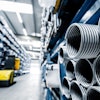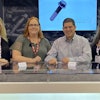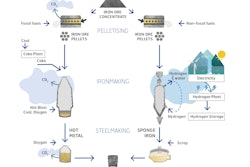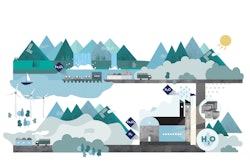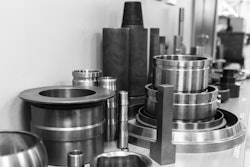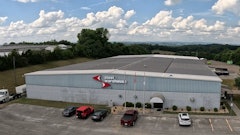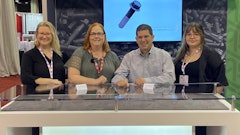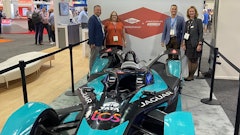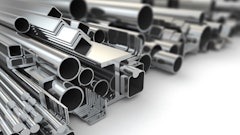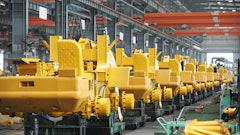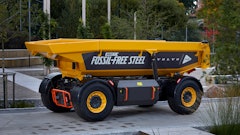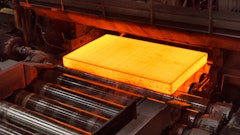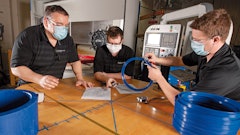Mårten Görnerup has been appointed CEO of the newly established joint venture company HYBRIT Development AB. He joins HYBRIT from Metsol, a technical consultancy firm in the steel sector, where he was CEO. Görnerup has a background in metallurgy research.
“HYBRIT is an exciting, forward-looking company that can help us to provide society with steel while achieving climate objectives. It’s therefore a great honor for me to become the company’s CEO,” says Görnerup.
“Mårten Görnerup has extensive experience of both the steel sector and the world of research. He brings precisely the expertise that this initiative now needs,” says Martin Pei, Chairman of the Board at HYBRIT.
Görnerup formally assumed the post of CEO on September 1 and will gradually step up his involvement in HYBRIT.
Since this spring the Board has comprised Martin Pei, Chairman of the Board, Åsa Sundqvist, Board member, Andreas Regnell, Board member and Olle Wijk, co-opted Board member.
HYBRIT was initiated by SSAB, LKAB and Vattenfall in spring 2016. One year later, a joint venture company was formed with the goal of developing a steelmaking process that emits water rather than carbon dioxide by replacing the current blast furnace process using coal and coke with a process based on hydrogen gas.
Since its launch, the initiative has received several rounds of support from the Swedish Energy Agency, including funding towards a 4-year research project.
The initiative is divided into three phases: a feasibility study that will run until the end of 2017, followed by research and pilot plant trials up to 2024. The final step, up to 2035, involves carrying out trials in a full-scale demonstration facility.
Sweden is uniquely qualified to undertake this initiative. It has a specialized and innovative steel industry, access to climate-smart and renewable electrical power, and the best-quality iron ore in Europe.
To achieve this project, however, significant national contributions are still required from the state, research institutions, and universities.

